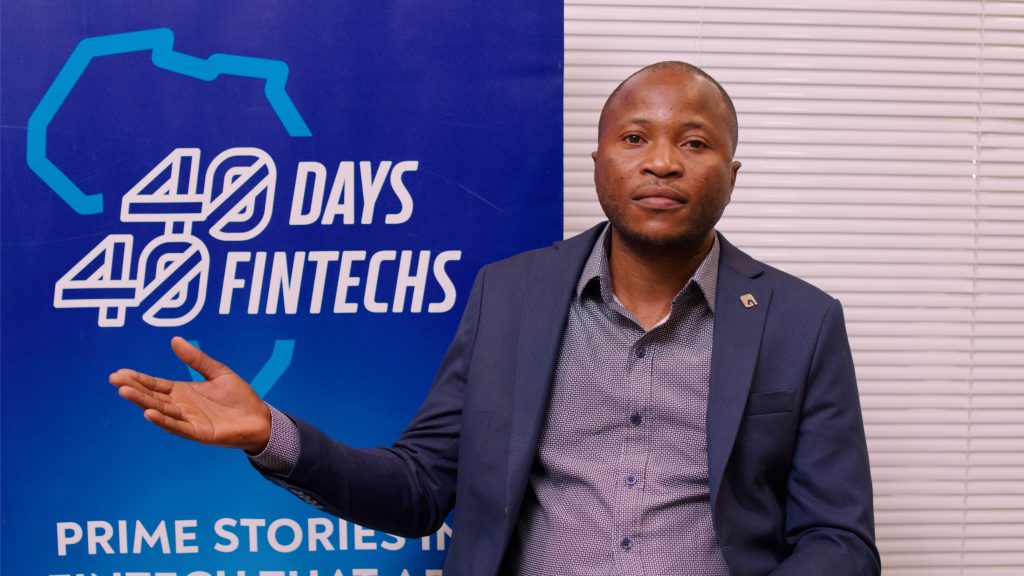Golden Swift Money Transfer, a subsidiary of Golden Success Investments Limited is contributing to Zambia’s financial inclusion drive through enabling people to conveniently send and receive money digitally, anywhere, anytime.
According to Alick Chali, the Founder and CEO of Golden Swift Money Transfer, though in its infant stages, their company is ‘a cutting edge FinTech start-up based in Zambia that seeks to revolutionize payments and money transfers’.
“We started this platform after realizing that traditional banks charge high remittance fees and usually take long for cross border transactions to be completed. As such, we have developed a platform that enables our users to conveniently send money from wherever they are. We developed this platform to ensure that every person has access to an affordable, secure and fast money transfer platform,” he said, adding:
“We are keen to see that even the unbanked can use our APP to send and receive money as well as paying for goods and government services. We have incorporated AI and Blockchain technology to detect any fraud on our system and ensure safety.”
Chali identified regulatory and licensing delays, low trust for innovations, and poor infrastructure as some of the main challenges affecting the Fintech industry.

He appealed to the 40 Days 40 FinTechs initiative to support start-ups like Golden Swift Money Transfer with visibility, exposure and funding that will allow innovation scaling and serving more people.
Golden Swift Money Transfer featured on Day 14 of the 40 Days 40 FinTechs initiative; Zambia and Malawi edition. The roll-out of the 40 Days 40 FinTechs initiative in Zambia and Malawi followed its success in East Africa. Over the past 5 years, the 40 Days 40 FinTechs initiative has featured over 200 FinTech stories from Uganda, Tanzania, Kenya, and Rwanda. This initiative has also engaged hundreds of end-users and shared their stories with millions worldwide.
The primary objective of this initiative is to support and showcase innovative FinTech giants and start-ups from across Africa, with a focus on promoting financial inclusion and economic growth, in addition to giving start-ups access to the resources they need to develop new and innovative financial solutions that can benefit underserved populations. Such resources include but are not limited to Level One Project guidelines, Mojaloop Open Source Software and Inclusive Finance systems, etc.



























